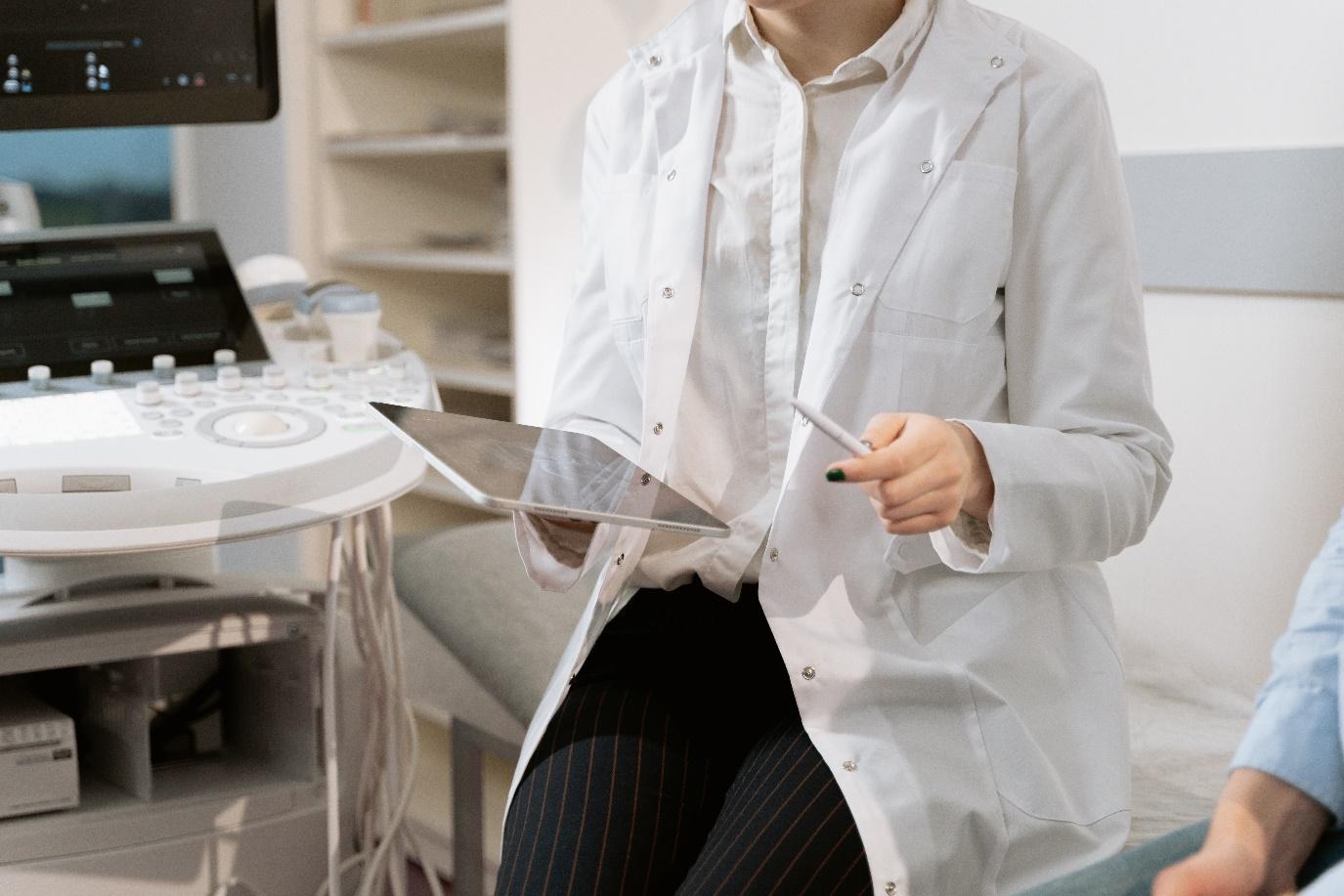Fertility clinics offer a wide range of solutions for couples looking to conceive and raise healthy babies. Anyone struggling to get pregnant or impregnate can visit a fertility doctor to discuss their options. Speaking to a fertility doctor is also advisable when planning to conceive.
Most clinics offer consultancy, diagnostics and treatment for fertility issues. Some clinics specialize in specific areas and solutions, such as IUI, IVF, ICSI, and more.
Top 3 Fertility Clinic Services
A fertility clinic is a destination for anyone facing fertility issues or seeking clarification or professional advice. Most people who visit a fertility clinic seek treatment for specific problems, such as infertility and erectile dysfunction.
Couples can also seek the professional advice of an experienced fertility doctor about various topics. Below are three services fertility clinics offer:
1. Consultation
Medical consultations are inseparable from infertility clinics. Every visit to the fertility doctor begins with a consultation, which involves examining medical history, symptoms, insurance, and other aspects. Consultancy is vital in providing a rough assessment of the condition, patient needs, options, and budgets.
The fertility doctor will also use the initial consultancy to answer any questions. Consultations are required throughout the interaction, including after treatment.
2. Diagnosis
After the initial consultations, the fertility doctor may recommend various tests to understand the underlying condition further. Diagnosis may involve a physical exam of the reproductive organs, blood and urine tests, scans and other procedures.
The goal is to identify underlying medical conditions, which is crucial in determining the necessary treatment. Below are tests, other than routine gynecological exams, for women visiting the fertility clinic:
- Ovulation testing: Involves a blood test to measure hormone levels and determine whether the patient is ovulating.
- Hysterosalpingography: Uses x-ray contrasts to evaluate the condition of the fallopian tube and uterus and blockages.
- Ovarian Reserve Testing: A hormonal test used to determine the number of eggs available for ovulation.
- Hormonal Tests: Includes testing the levels of ovulation and pituitary hormones regulating the reproductive process.
- Imaging Tests: Comprises pelvic ultrasound and sonohysterogram used to look for ovarian diseases and conditions.
- Hysteroscopy: A rare test involving thin, lighted devices fertility doctors use to check for uterine diseases.
- Laparoscopy: Another rare minimally invasive surgery involving a thin viewing device used to examine the fallopian tubes, uterus and ovaries.
3. Treatment
Most women visit a fertility clinic to resolve underlying conditions preventing conception. Women who've been trying to get pregnant unsuccessfully can see a fertility doctor to discuss their options. In some cases, the doctor will recommend intercourse schedule changes.
Other women need medical assistance, such as AI/IUI, IVF, natural cycle IVF, donor eggs, surrogacy, egg freezing or fertility drugs. Here’s an overview of the popular treatments:
a) Ovulation Induction
Cases involving tubal and severe malefactors can benefit from ovulation induction, which involves pills/shots (medication). The medication induces follicle growth and development and suits women experiencing ovulation dysfunction.
Ovulation induction can resolve easily diagnosable conditions and increases the chance of one egg getting fertilized. This option has a low success rate and is costly compared to IVF.
b) Intrauterine Insemination (IUI)
Artificial insemination (AI) and intrauterine insemination (IUI) involve placing sperm cells in the reproductive tract to increase the likelihood of fertilization. The treatment option can work for some cases of male factor and cervical factor infertility.
Women with insurance coverage for infertility treatment may also be required to attempt IUI before considering IVF. IUI suits women with regular ovulation but has an overall low success rate compared to IVF.
c) In Vitro Fertilization (IVF)
IVF is undoubtedly the most successful infertility treatment option and works for most women regardless of underlying medical issues. The choice is also cost-effective and recommended for couples with severe male and tubal factors. IVF also works for those with diminished ovarian reserve (DOR), endometriosis, multiple miscarriages, and female fertility factors. The option is perfect for couples looking for egg donors and surrogates.
Visiting a Fertility Clinic
Fertility centers have unique scheduling protocols, but most offer the three services described above. How each clinic works depends on various factors, including facility size, personnel, technology, and more.
Most reputable clinics allow clients to make online inquiries and remotely speak to a fertility doctor. The clinic can then schedule an appointment for the initial consultation and diagnosis.
Fertility doctors will perform verbal and physical examinations during the initial meeting before recommending further diagnosis. The doctor will also discuss the client's needs and recommend treatment if test results are available.
Discussions may also include financing, insurance and answering questions the client may have. Once everything is settled, the doctor will schedule treatment appointments (where necessary) or provide the required medication.
Reputable Fertility Clinics
Every fertility clinic has a unique way of operation, usually described on its official website. Clients can also contact the clinic to determine the best approach. Some clinics feature online forms clients can fill, while others offer elaborate quotes for popular treatments.
Women looking to speak to an expert should choose trustworthy and reputable fertility clinics like MCRM Fertility. The journey to parenthood is emotional and requires experienced fertility doctors with high success rates, comprehensive evaluation and custom-tailored solutions.
Write For Us Health And Wellness Niche available for guest posting at Grass Desk.





0 Comments